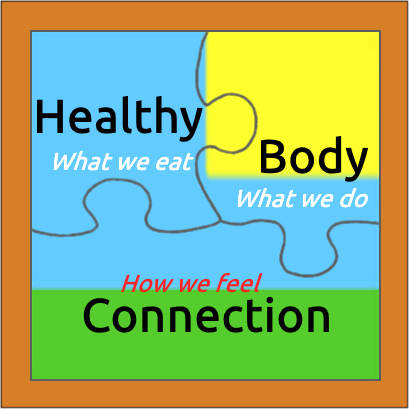
A recent study, published in the BMJ, found that certain medications routinely prescribed for patients with type 2 diabetes may be associated with an increased risk of cholangiocarcinoma, a type of cancer which effects the bile ducts of the liver.
The class of medications studied were are known as, DPP-4 inhibitors, and GLP-1 receptor antonists. These drugs, more commonly known under brand names such as Januvia, Tradjenta, Victoza, and Saxenda, are drugs which are generally used to lower blood sugar, and/or increase insulin production in the body. In the past, Victoza has also been associated with other health issues as serious as thyroid cancer.
Wouldn’t it be nice if endocrinologists would be willing to spend more time with their patients to discuss lifestyle and dietary interventions, instead of simply jumping to prescribing hypoglycemic (blood sugar lowering) drugs?
How many lives would be saved? How much better a quality of life would patients experience if they were only informed that, with the right interventions, they might not ever need these medications, or others like them?
References:
BMJ 2018;363:k4880
The Mayo Clinic “Cholangiocarcinoma (bile duct cancer)” March 3, 2018
https://www.mayoclinic.org/diseases-conditions/cholangiocarcinoma/symptoms-causes/syc-20352408
Pathak R, Bridgeman MB. Dipeptidyl Peptidase-4 (DPP-4) Inhibitors In the Management of Diabetes. P T. 2010;35(9):509-13.
Long-Acting Glucagon-Like Peptide 1 Receptor AgonistsAlan J. GarberDiabetes Care May 2011, 34 (Supplement 2) S279-S284; DOI: 10.2337/dc11-s231
Victoza, “Selected Important Safety Information” (2017) https://www.victozapro.com/safety-and-tolerability.html



